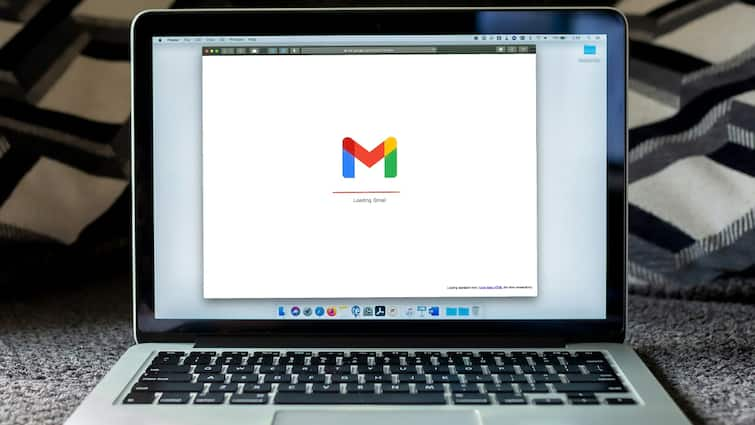Sam Mitrovic, a Microsoft solutions consultant, recently shared his near-miss with an AI-driven scam on his personal blog, warning others of the emerging threat. His ordeal began when he received a Gmail account recovery request, a common phishing technique used to trick users into entering their credentials on fake login pages. Although Mitrovic ignored the initial prompt, the attack resurfaced a week later with more aggressive tactics.
After receiving another recovery notification, Mitrovic picked up a phone call from someone claiming to be a Google support representative. The caller, posing as an American with an authentic-sounding accent, asked if he had logged into his account from Germany. When Mitrovic denied it, the caller warned him that his Gmail account had been compromised for the past week, and sensitive data had already been downloaded.
Google has been steadily improving security measures to protect its Gmail platform, but cybercriminals are keeping pace by using more sophisticated, AI-driven attacks. As reported by Forbes, with over 2.5 billion active users, Gmail is an attractive target for scammers and hackers. A recent incident highlights just how advanced these tactics have become.
ALSO READ: Elon Musk Working To Launch Gmail Alternative Named ‘Xmail’? Know Details
AI Technology Mimics Real Google Communication
The scam appeared even more convincing when Mitrovic looked up the caller’s number and found it linked to genuine Google business pages, although the number was related to Google Assistant rather than Google support.
As the conversation continued, Mitrovic grew more suspicious. The email confirmation he received appeared authentic, but closer inspection revealed a cleverly disguised address that mimicked Google’s domain.
The biggest red flag, however, came when the caller repeated the word “hello” in an eerily perfect voice. This robotic precision revealed the scam as an AI-generated voice, making the attack harder to detect.
Lessons From Mitrovic’s Experience
Mitrovic’s experience underscores the importance of staying vigilant when handling unexpected account recovery requests and phone calls.
His advice: always verify the source of such requests by cross-checking with official Google channels, and never rush into actions out of fear or urgency. Attackers often rely on panic to bypass a victim’s better judgment.
How To Protect Yourself
The rise of AI-driven phishing attacks means that users must be more cautious than ever. Google emphasises that its support team will never contact users by phone for account recovery. If you receive such calls, hang up and verify any claims through official Google channels.
Additionally, regularly check your Gmail account for unusual activity and keep your security settings up to date.
Remaining calm and taking the time to assess any suspicious communication could be the difference between protecting your information and falling victim to a scam.

